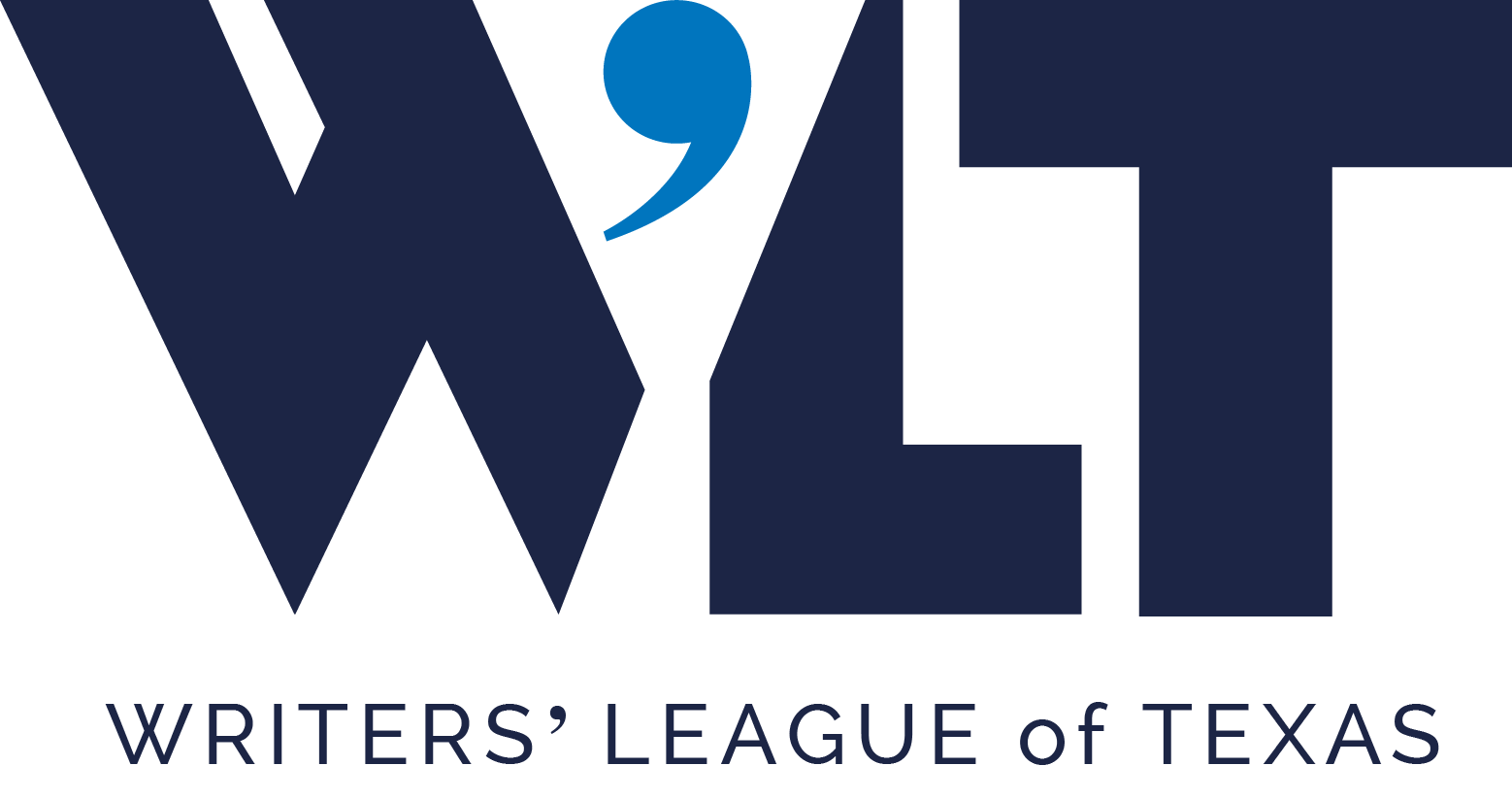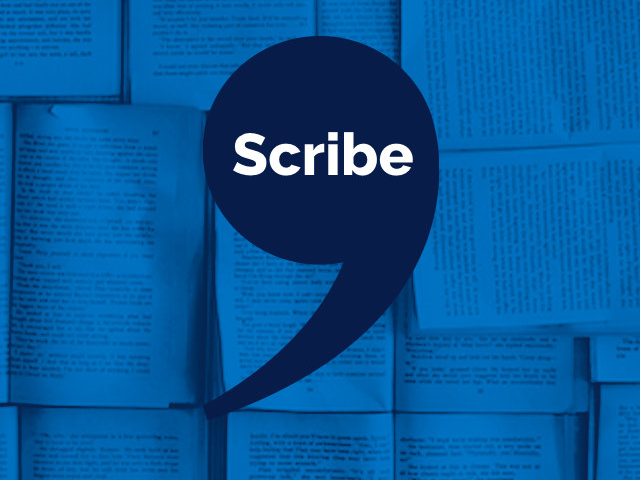“In all cases an author needs to find a way to make their book and themselves stand out in the crowd. It all starts by getting specific about your market, developing a niche, and crafting your content and marketing to suit.”
–Shennadoah Goodson
Shennandoah Goodson is Director of Marketing and Business Development for Connor Creative Co. In her many years as a PR and Marketing consultant, Shennandoah has worked with numerous authors and publishers to build successful book marketing campaigns and author platforms. A writer herself, Shennandoah is passionate about writing and books and loves empowering authors to take ownership of their book’s success.
Shennadoah is teaching a class for the Writers’ League called “Positioning Your Book in the Marketplace” on Saturday, August 20, 2016 at the ACC Highland Campus. Read the interview below and visit the class page to learn more.

Scribe: For those who may be new to marketing, what are the differences between positioning, platform, and a marketing plan?
Shennandoah Goodson: In a nutshell, your positioning is how you’ve defined the niche or angle you will use to stand out in a crowded market place. Your marketing plan is your step-by-step guide to marketing yourself and your book. Your platform is the many activities you engage in to raise the visibility of you and your book. They are each necessary and all work together but serve very different purposes.
Scribe: Why is it important for authors to find their niche in the marketplace?
SG: Millions of books are published every year. Regardless of your genre, you will have tremendous competition, but even more so if you don’t focus on a key niche. There are thousands of mysteries or business books or any other category of books published each year. To stand out, you need to hone in on what makes you, your book, and your target reader unique.
A well-defined niche also helps you craft targeted messaging and marketing campaigns to promote your book. It helps convey what’s different and interesting, and it helps a reader say, “Hey, I think this is for me.”
Scribe: In the class description, you mention that the competitive landscape affects not just an author’s platform but also the structure and content of the book. What are some strategies that authors can use to make themselves aware of the competitive landscape, even while they are still in the process of writing their book?
SG: READ!!!! The first thing any author should do is read books in their category and not just the best sellers but mid-list authors too. This will help the author gain an understanding of what’s out there and how to make their book different enough to not sound like a rehash of what’s already on bookshelves. Authors also need to read the trades, talk to booksellers and industry pros, and see what the professionals are saying about market trends and reader habits. Publisher’s Weekly, Writer’s Digest, and a host of other publications are great resources to understand how to develop compelling content with marketing and sales in mind and without losing sight of the heart and craft of writing.
Scribe: How does strategy differ for a novel versus a nonfiction book?
SG: These days, not by much. In fact, I encourage nonfiction authors to see what successful fiction authors are doing to sell their books and vice versa. Many nonfiction authors tie speaking and consulting into their platform and marketing, which is a viable option for fiction authors too. On the flip side, fiction authors know how to leverage their creativity to create fun and interesting marketing campaigns that bring their books to life. Nonfiction authors can take that same approach and draw readers into the book in a new way. The only difference in strategy really is who they are targeting and which social media platforms and media outlets are best suited for them.
Scribe: What are one or two of the major differences between the competitive landscape for traditionally published authors and self-published authors?
SG: A big difference is traditionally published authors have the advantage of a publisher’s highly developed and skilled distribution team with established trade relationships at libraries, book stores, and trade publications. They have a dedicated sales force getting them into certain outlets. It’s not a lot, especially when you consider how much effort the authors must put into their own marketing, but it is something. They have a greater opportunity to get retail placement where self-published authors can’t. As a result, self-published authors have to work ten times harder to sell their book since they are limited in outlets, awards, and publications. Some of this is changing, and more traditional retail bookstores are selling self-published titles, but it won’t be a golden ticket to book sales.
Scribe: Can you give us an example of a book or an author that does a particularly good job of standing out in the marketplace?
This is hard because there are so many, but I think a few that do a good job of standing out from both a content and a marketing point of view are:
Rick Riordan
Rick has a very obvious niche with the mythological component of many of his book series. Instead of just being another fantasy middle grade writer, he targets mythology as a premise for his books from Greek, Norse, Egyptian, and other cultures. Each series is focused on that specific mythology, such as Percy Jackson and Greek Mythology or the Kane Chronicles and Egyptian mythology. Furthermore, he develops reading guides and resources for parents and teachers so it is easy to integrate his books into existing unit studies and education plans related to history, culture, English, etc.
Elizabeth Gilbert
Elizabeth has achieved what few are ever able to do with a memoir—including writing three best-selling memoirs. Instead of trying to tell her whole life story Elizabeth hones in on a specific chapter and tells it in her unique voice. Her content positioning is partly due to the framing of the stories, but is also largely due to her unique style and voice. On a grand scale, her positioning and marketing have continued to help her carve a very specific niche in the memoir and novel space and attract a large and loyal following.
Daniel Pink
Business is one of the toughest categories to excel in, especially when one doesn’t have a clear niche. Daniel Pink really positioned himself well by using social science as the basis of his books Drive and To Sell is Human. Frequently he takes the “revolutionary” or “rebel” approach, challenging the status quo of the business mindset. His website and marketing leverage the creative, personal, right brain characteristics that he espouses in his books, which is opposite of the traditionally buttoned up, proper, professional business author.
These three authors show how this matters in all genres—fiction, nonfiction, memoir, children’s books, cookbooks—and in all cases an author needs to find a way to make their book and themselves stand out in the crowd. It all starts by getting specific about your market, developing a niche, and crafting your content and marketing to suit.
—
Thanks, Shennandoah!
Click here to register for Shennadoah’s class.
Click here for our current class schedule.









